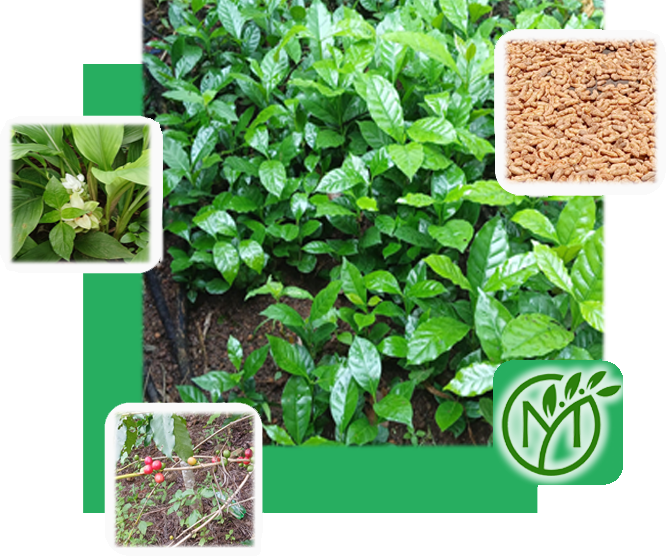
 Why Choose Us
Why Choose Us
Why You Should Invest With Manyam Stores
They are likely seeking information about a group, organization or entity that you have associated with Manyam Stores
- Low Volatility
- Superior Inflation Hedge
- Attractive Yields
- Safe Haven Investment
- Uncorrelated Returns
- Long Term Tailwinds
Our Commitment
Leverage this compelling long-term investment with historically attractive risk-adjusted returns.

Incases Farmer Financial Condition

Creating Access to Quality Input

Creating Agricultural Own Market

Control Harmful Food & Save Ecology
People What Asked About Us
Leverage this compelling long-term investment with historically attractive risk-adjusted returns.
Agricultural investment refers to the allocation of financial resources towards various aspects of agriculture, including land, infrastructure, equipment and technology with goal of generating a return on investment in the Manyam Stores. These are the reasons to investing in agriculture is food security, economic growth, profitability, sustainability.
It means you are interesting to invest the time, money and energy into making your current and future life better to stand with in the Manyam Stores. Our company ensures transparency, profitability. Actively working towards your personal growth and well-being with us.
1. Find out what you are investing for, 2. Choose a type of investment, 3. Select the agricultural project, 4. Deposit money to Manyam Stores securely, 5. Pick and buy the investment, 6. See the grow and withdrew the total benefit after completion of the selected project.
ROI measures the profitability of an investor selected an investment at Manyam Stores. Comparing the amount of return generated to the initial cost of the investment. The importance of ROI is profitability assessment, Comparison, decision making, Performance evaluation and resource allocation.
